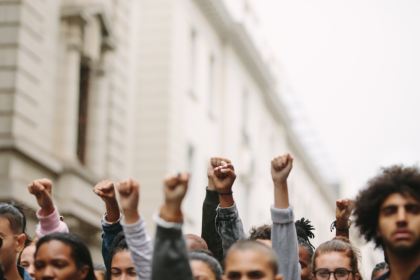The family of Deontae Faison, a Black man who was struck by a Taser while struggling in water, has initiated a federal civil rights lawsuit against the officers involved in the incident. This case has sparked outrage and raised significant concerns regarding police conduct, particularly in interactions with Black individuals.
Incident overview
In April, Faison was enjoying a day at Martin Luther King Jr. Regional Shoreline Park in Oakland, California, with a friend when an East Bay Park District officer approached them regarding Faison’s expired vehicle tags. Feeling unfairly treated compared to his white companion, Faison allegedly provided a false name to the officer.
As the situation escalated, additional officers arrived, prompting Faison to attempt to flee. During his escape, he ended up near the water, where an officer reportedly deployed a Taser, striking him in the back.
Allegations against police officers
The lawsuit filed by Faison’s family contains serious allegations against the responding officers. It claims that Faison was left in the water for over 30 minutes without any emergency services being called. Furthermore, the officers allegedly failed to take witness statements, falsely claimed that Faison was armed, and turned off their body-camera audio during the incident. Additionally, they are accused of disposing of Faison’s clothing.
Current condition of Deontae Faison
As of now, Faison remains unresponsive and is receiving treatment at a local hospital. His family is deeply concerned for his well-being, especially considering he is a father of two children. The emotional and psychological toll of this incident on his family is profound, as they navigate the uncertainty of his recovery.
Legal implications and community response
This incident has ignited discussions about police accountability and the treatment of Black individuals by law enforcement. The lawsuit not only seeks justice for Faison but also aims to highlight systemic issues within police practices, particularly regarding the use of force in vulnerable situations.
Community leaders and activists have rallied around Faison’s family, emphasizing the need for comprehensive reforms in policing practices. They argue that incidents like this underscore the urgent need for training that prioritizes de-escalation and the preservation of life, especially in interactions involving Black individuals.
The case of Deontae Faison serves as a stark reminder of the ongoing struggles against police brutality and systemic racism. As his family seeks justice through legal channels, the broader community continues to advocate for change, hoping to prevent similar tragedies in the future. The outcome of this lawsuit could have significant implications for police policies and practices across the nation.
















